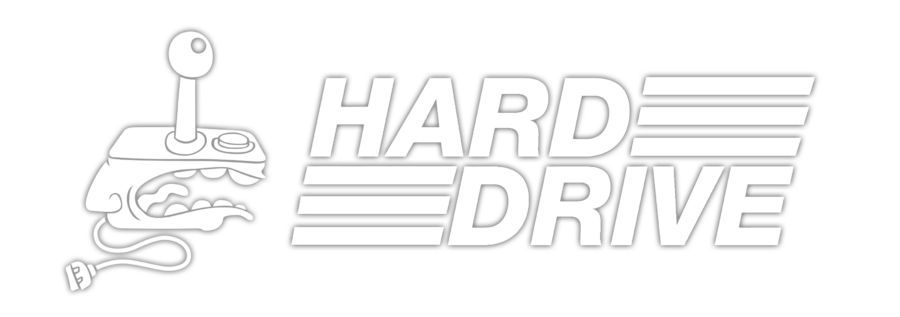SILVER SPRING, Md. — The FDA has approved a radical new drug to treat the condition that makes some little kids run around the schoolyard pretending to be popular video game character Sonic the Hedgehog.
“I gotta go fast,” exclaimed local 8-year-old Brennan Fuller, a test subject of the controversial new drug that hopes to suppress children’s urges to cosplay as the star of the popular SEGA games during their lunch breaks. “They said I gotta stop going fast and made me take the pill and now I don’t want to run around and be Sonic anymore. Now I just want to sit here.”
The pill, known as Chaobupril, will soon be readily available for parents all over the country that are seeking a way to simply stop their child from running around and pretending they are that damn hedgehog.
“Oh god, I hope this works,” said Meryl Nichols, a concerned mother whose son really likes to run around and pretend he’s Sonic the Hedgehog. “He spends at least three hours a day pretending he’s Sonic. And I know kids play make believe and all that, but he’s running around at school and really getting himself into trouble. The other day he ran right into the wall and gave himself a bloody nose. We’ve got to put an end to this.”
“He even threw his lunch money on the ground for good measure,” she added.
The pill was developed by the FDA after years of urging from parents and teachers that got stuck with recess duty.
“It’s a plague on today’s youth that’s up there with vaping and sneaking into slaughterhouses to make TikToks,” said Janet Woodcock, Principal Deputy Commissioner of the FDA. “And while I’m happy we were finally able to perfect the science and get this antidote made and distributed, I weep inside for the prior generations of kids we couldn’t save from just zipping all over pretending they were Sonic the Hedgehog. And before you ask, yes, there have been a very small number of cases where side effects were present, and yes, some of the children have turned blue. There’s always side effects, I’m not sure what you want us to say about that.”
As of press time, the FDA had approved the drug for children 13 and under, with a treatment for adults still in development.




